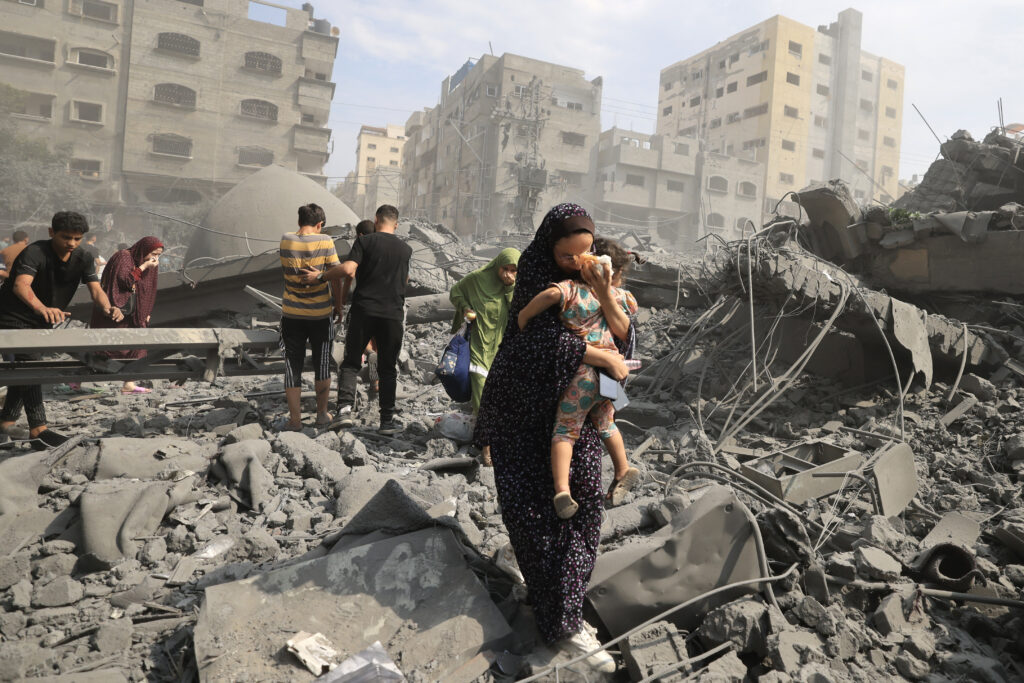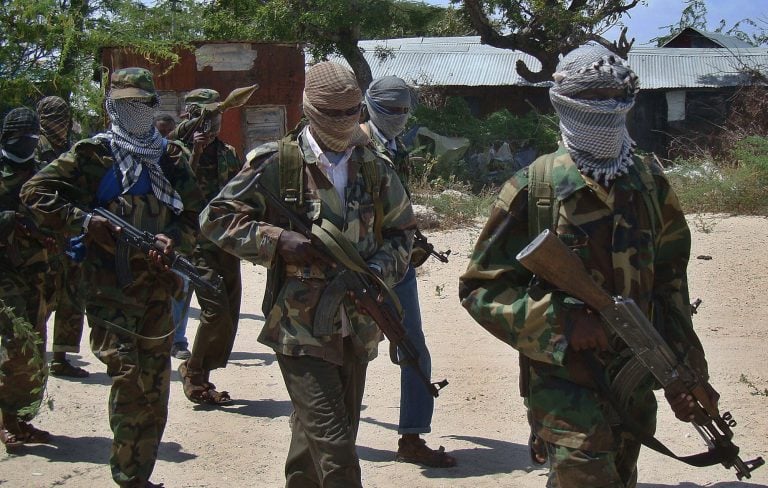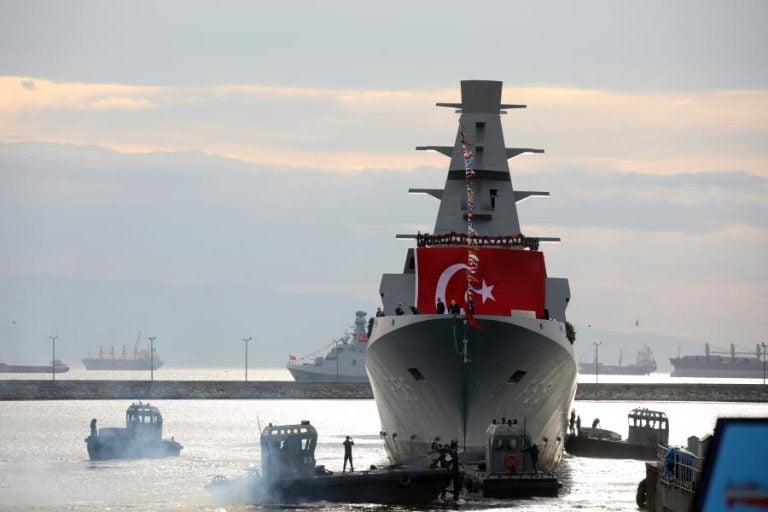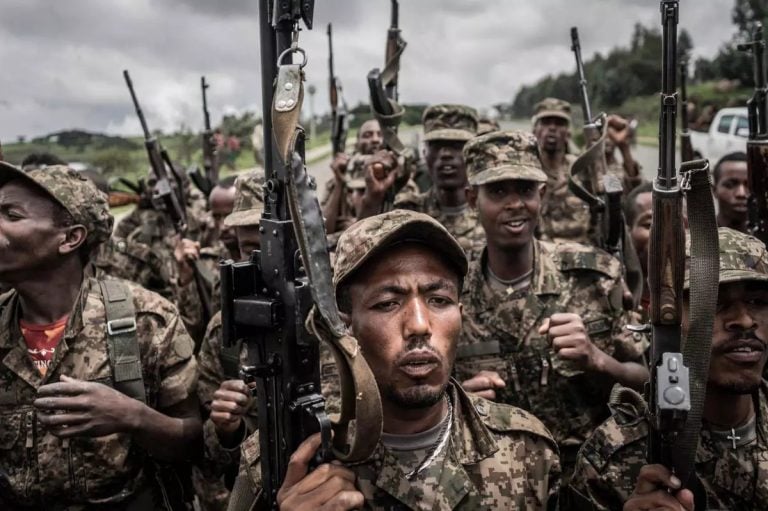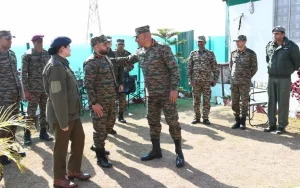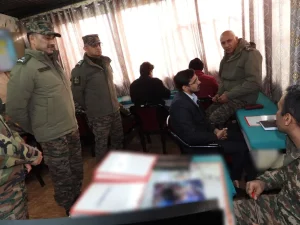In a significant move concerning the ongoing conflict in Gaza, the Council of Europe has issued a strong call urging its member states to cease any deliveries of weapons to Israel that might be utilized for human rights violations. Michael O’Flaherty, the Council’s commissioner for human rights, emphasized the imperative for member states to actively prevent and address breaches of international human rights norms related to the conflict.
In a statement, O’Flaherty outlined the importance of adhering to existing legal standards that govern arms transfers. He stressed that arms should not be authorized for transfer if there exists a credible risk they could be employed to perpetuate human rights violations. This assertion highlights the Council’s commitment to safeguarding human rights amid ongoing military actions.
O’Flaherty also underscored the critical need to enhance humanitarian relief efforts for individuals adversely affected by the conflict. He called for unhindered access to humanitarian assistance and urged for the immediate release of hostages, indicating a multifaceted approach to addressing the humanitarian crisis.
This call comes on the heels of Germany’s recent decision to suspend certain arms deliveries to Israel, particularly those that could potentially be used in military operations against Gaza City. O’Flaherty acknowledged this step along with other government initiatives and efforts by national human rights entities to raise awareness about the situation. However, he stressed that more decisive action is required in a timely manner.
Additionally, the Council’s appeal aligns with a growing sentiment among global leaders who have openly condemned Israel’s expansion of military operations in Gaza. In response to these developments, Israeli Prime Minister Benjamin Netanyahu defended the strategy, asserting that targeting remaining Hamas strongholds is essential to ultimately bringing an end to the conflict. The divergence in responses from world leaders and Israeli officials illustrates the complexity and tension surrounding the situation, emphasizing the urgent need for dialogue and resolution.
